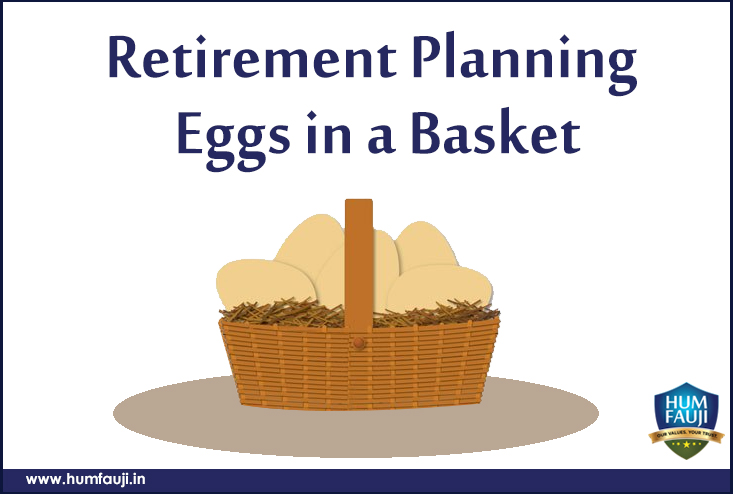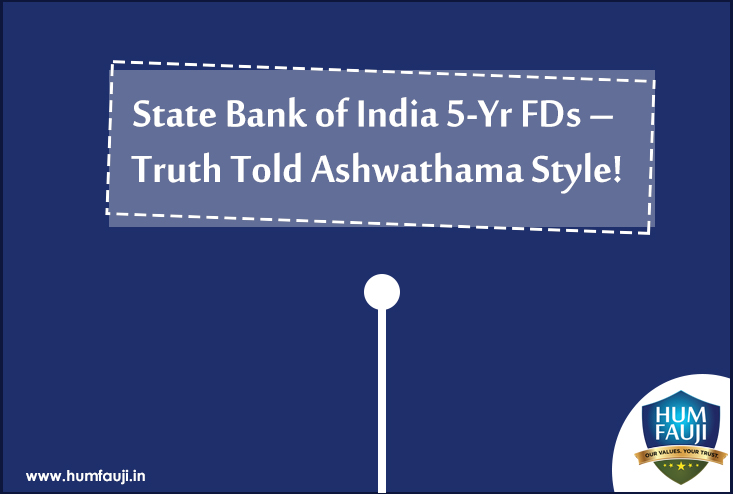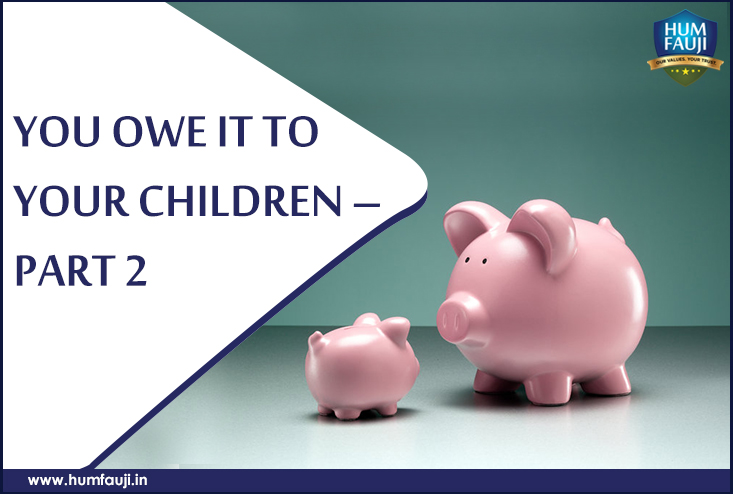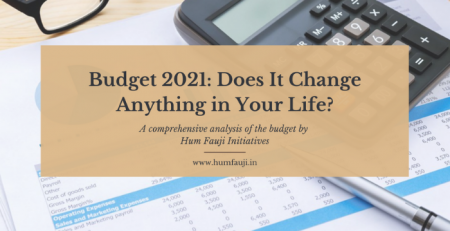Divesh Kumar has recently retired as a contended man. He hasfulfilled his duties as a devoted father, caring son and loving husband all his life. He now wants to gift something long lasting for his two lovely grandchildren which he and his wife fondly dote on. They both decided to contribute for higher studies for them by contributing some money every month. Their first impulse was to save in a bank Recurring Deposit (RD) but wanted their decision to be validated by us.
We heard them out and asked them, “Have you thought of mutual funds for this purpose?” They never had thought so. We explained to them that they had a long time frame for their gift. The gift should actually work for the recipients to create value as they have planned and not be lost to inflation and taxes. In case of any emergent requirement some time later, they should also be able to take out the money fully or partly without any penalties or severe tax implications, though such withdrawals should be avoided since they were saving for the specific purpose of their grandchildren’s higher education.
We then went on to explain the superior tax-efficient returns that mutual funds offer with a lot of flexibility of how they wish to save or withdraw the money. They could contribute on a monthly basis through SIPs (Systematic Investment Plans) for as long as they wished. In case they could not contribute any longer, they could just let the accumulated money lie there and grow as long as they wanted. They could also put in bulk additional amounts of as low as Rs1000 on special occasions whenever they wished to. We made an illustrative table for them for contributing Rs 5000 per month, comparing RDs and various categories of mutual funds on the basis of current interest rates of RDs and past returns of best mutual funds of various categories.
| 5 years | 10 years | |||
| Returns | Amount | Returns | Amount | |
| Bank Recurring Deposits | 7.75% | ₹ 3,65,000 | 7.75% | ₹ 9,02,083 |
| Pure Debt Funds | 10.50% | ₹ 3,92,345 | 9.40% | ₹ 9,89,759 |
| Balanced – Debt Funds | 13.90% | ₹ 4,29,808 | 13.10% | ₹ 12,27,461 |
| Balanced – Equity Funds | 16.30% | ₹ 4,58,951 | 17.40% | ₹ 15,95,380 |
| Diversified Equity Funds (Large Cap) | 14.10% | ₹ 4,32,147 | 17.00% | ₹ 15,56,130 |
It was explained to them that while above returns of RDs will be fully taxable on yearly basis as per tax slab irrespective of time frame of investment, pure debt and balanced debt funds will have indexation benefits beyond 3 years, thus reducing tax liability substantially. In equity products, there will be no tax after one year. They also were made to understand the risks of various products – equity was subject to market risks while debt products including RDs were comparatively safer. However, statistically, risk of equity products declines to negligible levels over long periods of time. Hence, when saving for long periods, it is better to take some equity exposure, depending on one’s comfort level, to make the money grow in real terms.
Visit our Blog, https://humfauji.in/blog or facebook page http://www.facebook.com/HumFaujiInitiatives or follow us on Twitter https://twitter.com/#!/humfauji to get latest insight on matters financial.













Comments (2)
Very good and informative
Thank you.